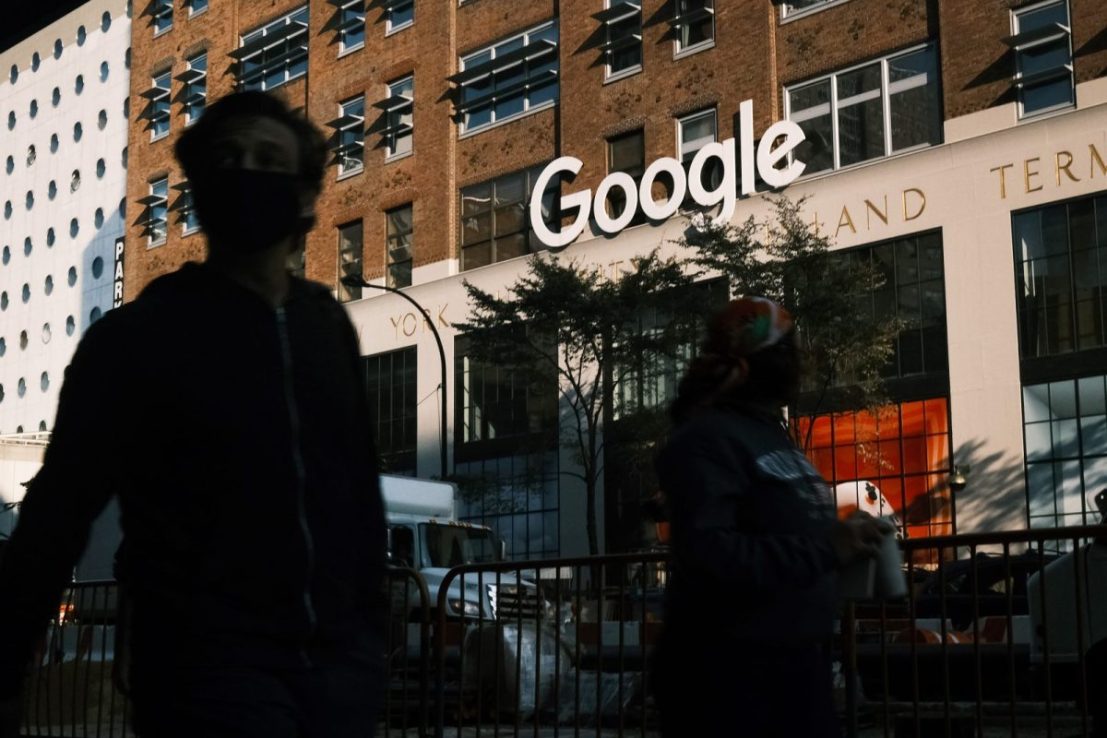
Alphabet’s Google is anticipating the result of a crucial antitrust trial, with concluding arguments taking place in Washington on Friday.
The US Department of Justice (DOJ), with the backing of a coalition of states, is pushing for structural and behavioral remedies—possibly including the divestiture of Google’s Chrome browser—to revive competition in the online search sector.
Overseen by US District Judge Amit Mehta, this trial signifies the most notable antitrust case against a technology firm in over two decades.
A previous ruling confirmed that Google illegally preserved a monopoly in search and search advertising.
The DOJ is now pressing the court to restrict Google’s significant payments to Apple and other manufacturers to keep its status as the default search engine on new devices, require Google to disclose essential search data, and, crucially, separate its browser and search functions.
Google has challenged these suggestions, asserting that they go beyond legal limits.
The company contends that handing over proprietary data or divesting from Chrome would effectively surrender its technology to rivals.
Judge Mehta is expected to reach a decision on the suggested remedies by August.
Technology firms are closely monitoring the trial. OpenAI, with its ChatGPT product, has shown interest in acquiring Chrome if divestiture takes place. OpenAI’s product head, Nick Turley, indicated that access to Google’s search data would improve the accuracy and speed of AI responses.
AI-driven platforms such as ChatGPT and Perplexity are already starting to compete with Google’s long-established supremacy in online information retrieval.
The outcome of the trial could further alter this dynamic, providing AI companies access to crucial infrastructure and datasets that Google previously closely guarded.
This trial wraps up following Google’s recent agreement to pay $1.38bn to settle significant lawsuits with the state of Texas concerning privacy breaches and anti-competitive practices.
The accusations involved secret biometric data collection and location tracking even with location services turned off. The Texas settlement stands as the largest of its kind against Google within a data privacy framework and adds to the mounting legal challenges faced by the tech giant.
Regulators in both the US and Europe are ramping up their examination of Big Tech’s market dominance, covering search, digital advertising, and emerging AI technologies.
The DOJ case forms part of a larger initiative to restore competitive restrictions on platform power.
A ruling to compel the sale of Chrome would represent a rare example of structural separation in contemporary antitrust actions and could signify a pivotal moment in the functioning of search and browser markets in the era of artificial intelligence.



